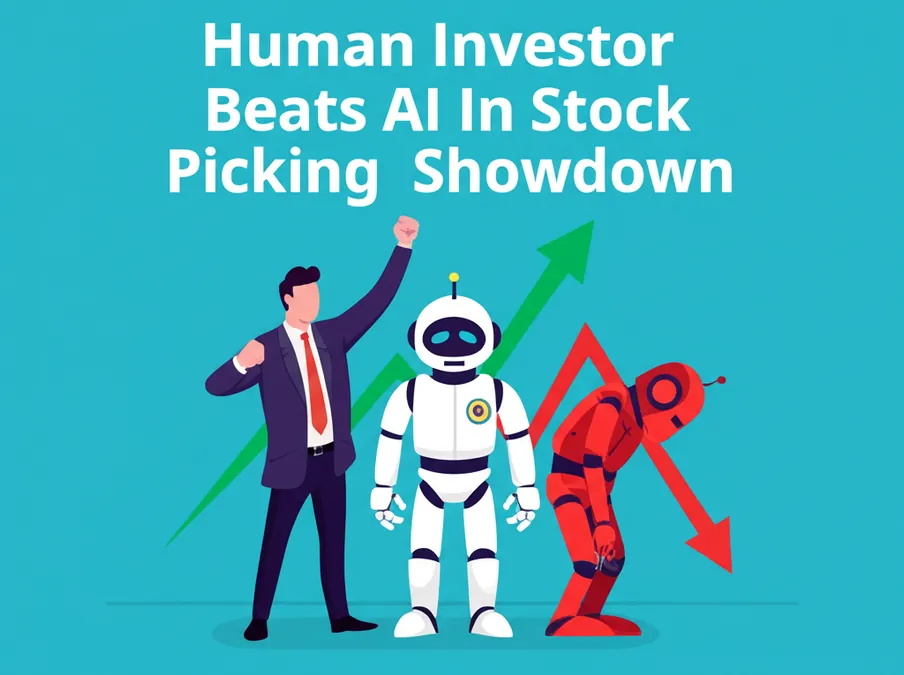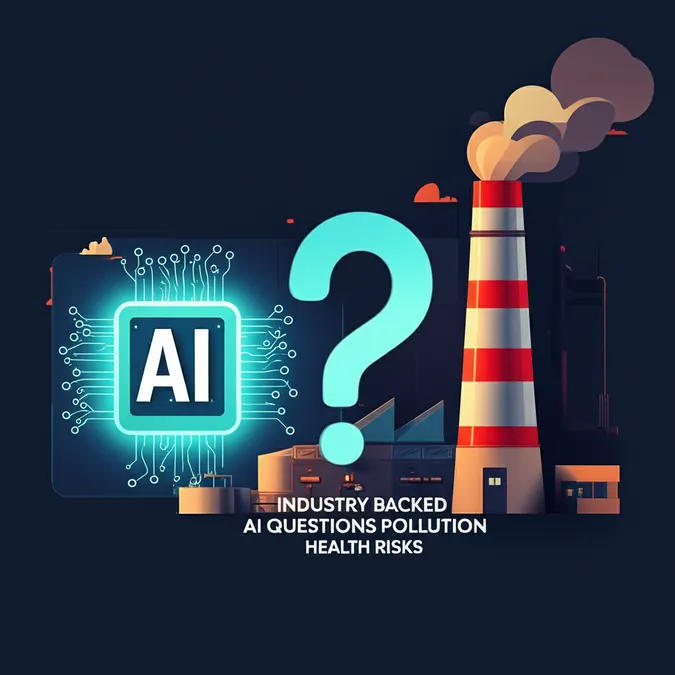Developer Offer
Try ImaginePro API with 50 Free Credits
Build and ship AI-powered visuals with Midjourney, Flux, and more — free credits refresh every month.
The New AI Arms Race In Your Daily Life

The Great AI Arms Race From Tech Giants to Your Laptop
While tech behemoths and entire nations are locked in a multi-billion dollar arms race for AI supremacy, a similar dynamic is quietly unfolding in our everyday lives. At work, in school, and across the internet, people are increasingly deploying AI tools not just for productivity, but to counter the output of other AI tools. This escalating cycle of AI versus AI is becoming the new normal.
A Battle of Bots in the Hiring Arena
One of the most prominent battlefields is the job market. As candidates use AI to instantly tailor resumes and mass-apply for positions, recruiters are finding themselves overwhelmed. According to a report from the New York Times, this has created a new set of challenges:
With a simple prompt, ChatGPT, the chatbot developed by OpenAI, will insert every keyword from a job description into a résumé. Some candidates are going a step further, paying for A.I. agents that can autonomously find jobs and apply on their behalf. Recruiters say it’s getting harder to tell who is genuinely qualified or interested, and many of the résumés look suspiciously similar …
To combat this AI-driven flood, employers are fighting fire with fire. Companies are turning to automated screening tools to manage the glut of applications. For instance, Chipotle's AI chatbot, nicknamed Ava Cado, handles initial screening and scheduling, reportedly cutting hiring time by 75 percent. It’s a clear case of bots being built to filter the work of other bots.
Escalation in Education and Online Life
The AI-versus-AI dynamic extends far beyond recruitment. This escalatory conflict is now a defining feature in various other domains:
-
Education: Students using AI to generate entire essays has led directly to the rise of AI-powered plagiarism detectors. This pushes the conflict further, with some advocating for ed-tech surveillance software to monitor students, all powered by more AI.
-
Online Content: Malicious actors and spammers use AI to flood social media with endless low-quality content. In response, platforms like Meta are forced to rely even more heavily on their own automated AI moderation systems to clean up the mess.
-
The Modern Office: The workplace is seeing its own version of this, where AI-generated presentations and reports lead to more meetings, which are then recorded and automatically summarized by yet another set of AI tools.
-
Digital Dating: Even the search for love has become a robotic affair. Users are turning to AI to write their profiles and flirt on their behalf, only to have those messages filtered and responded to by another person's AI assistant.
AI as a Mirror to Our Broken Systems
These conflicts are more than just stories about technology; they're stories about pre-existing broken systems. The rush to use AI for school assignments suggests that many students already view education as a series of arbitrary tasks to be completed, rather than a genuine pursuit of knowledge. The chaos in the job market highlights how platforms like LinkedIn have created an impersonal, gamified barrier between employers and applicants.
When a dating app becomes a prime candidate for automated flirting, it’s a sign that the platform may already be a grim and unfulfilling space. Likewise, if a social network can be so easily overrun by AI-generated spam, it has likely already lost its core social function, becoming a low-trust environment optimized for monetization over connection. These AI arms races take hold in systems where people have already been pitted against one another.
The Path Forward Escalation Before Resolution
There are clear paths to de-escalate these conflicts. A return to in-person interviews, handwritten “blue book” exams, and real-world dating could circumvent many of these AI-driven problems. However, the systems that AI is disrupting are deeply entrenched.
For the near future, the most likely outcome is further escalation. We can expect to see more people using AI to fight other people who are also using AI, all mediated by algorithmic systems. A resolution might eventually be found, but first, things will probably have to get a lot worse.
Compare Plans & Pricing
Find the plan that matches your workload and unlock full access to ImaginePro.
| Plan | Price | Highlights |
|---|---|---|
| Standard | $8 / month |
|
| Premium | $20 / month |
|
Need custom terms? Talk to us to tailor credits, rate limits, or deployment options.
View All Pricing Details

